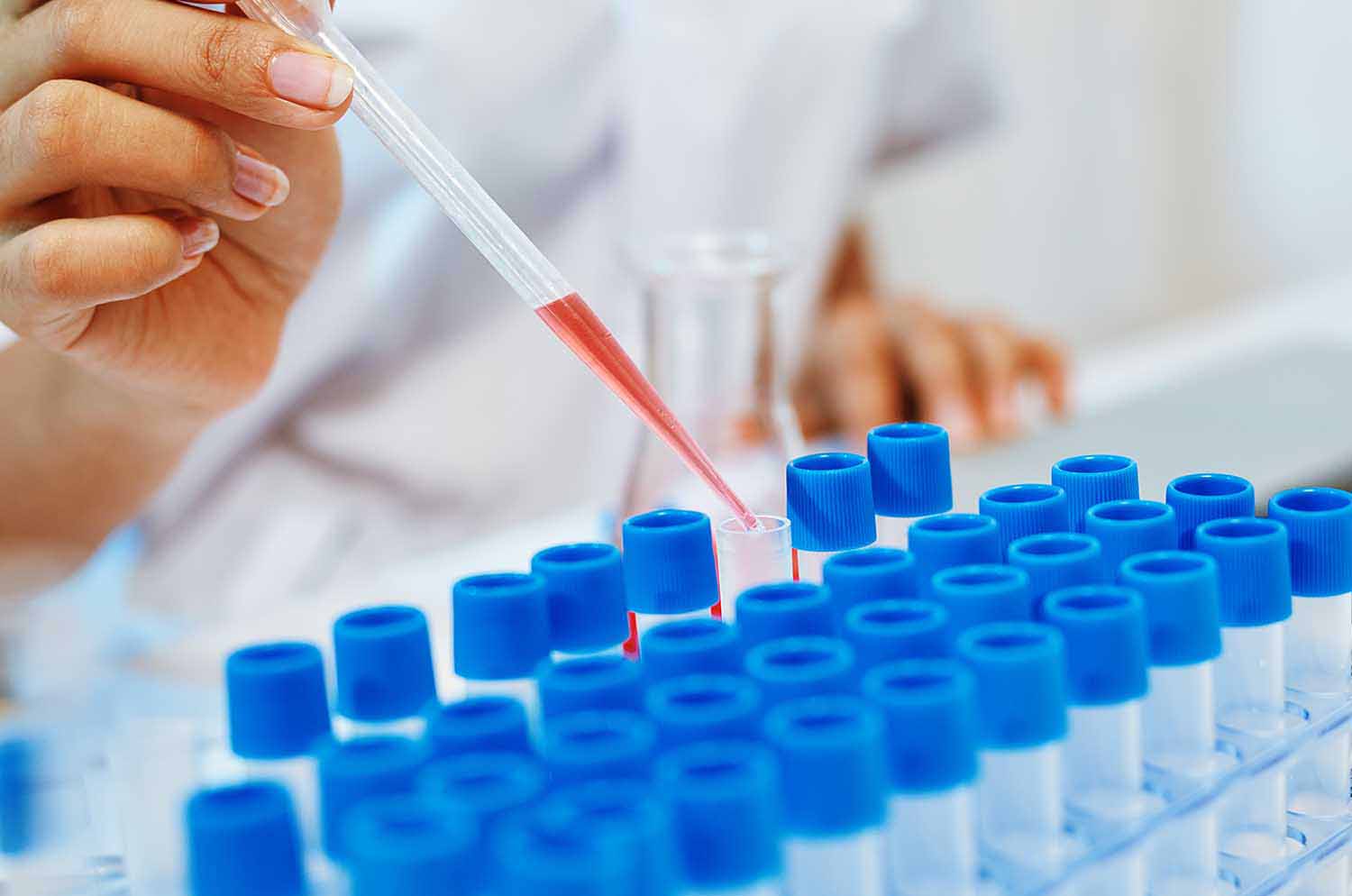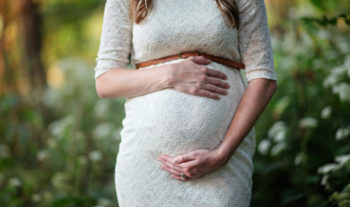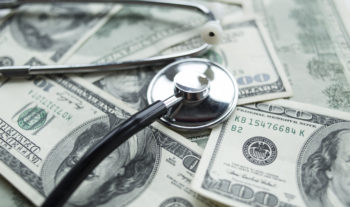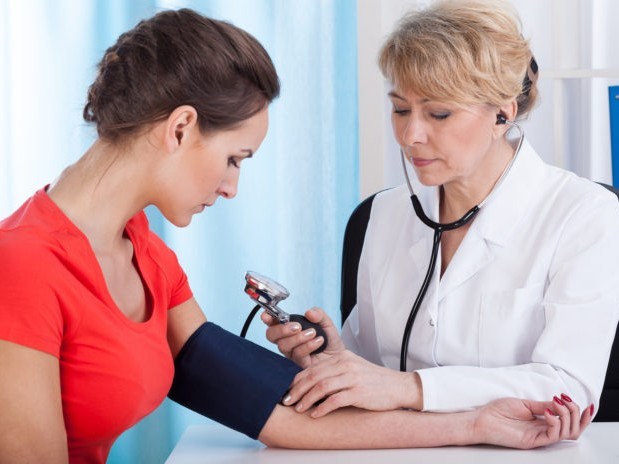As women’s health editor for The Doctor Weighs In and Founder and CEO of the bio-science company LifeStory Health Inc. (“LSH”), I am focused on empowering women to make educated decisions about their health. One aspect is by bringing awareness to the gender bias in healthcare and possible ways to gain more equality. A solution that I have witnessed firsthand is the concept of “letting the data lead” in the scientific discovery process. This is a core principle of my company. Focusing on “letting the data lead” has resulted in truly groundbreaking discoveries that will play a significant role in the future of women’s health.
“Letting the data lead” is a term to describe the act of a judgment-free approach to letting results be the basis of one’s decisions. This concept exists in mathematics—think big data and the Bayesian approach companies take. Bayesian inference is a method of statistical inference in which Bayes’ theorem is used to update the probability of a hypothesis as more evidence or information becomes available.
The “judgment-free” part to the approach of “letting the data lead” in women’s health is illustrated nicely by Katherine Hay, the Deputy Director for Gender Equality at the Bill & Melinda Gates Foundation, in which she describes looking at data through a gender-neutral lens. Katherine says,
“Don’t wait for a guideline to integrate gender and equity into your evaluations. Do it in stealth if you have to. That is how change happens. My call to evaluators is to be accountable for equity. We are not observers; we are participants in the way development unfolds.”
Eliminating pre-conceived notions during research is critical.
Is menstrual blood just a waste?
Evaluation biases on gender can be attributed to a centuries-long preconceived notion of menstrual blood being viewed as medical waste. A historical view of menstruation illustrates thousands of years of fascinating and unusual biases towards menstruating women. When my company officially proved menstrual blood’s (“MB”) clinical utility, I anticipated that venture capitalists, scientists, and the like would be eager to accept this new finding. LifeStory Health was the first company to recognize that MB may contain vital and unique clinical information rather than assume MB is a waste product.
On a macro level, this meant that we could design treatments and diagnostics specifically for women to enhance effectiveness. In other words, 51% of the population could benefit from our research if we let the data lead to identifying compelling disease states to pursue. I was shocked when the financial and scientific community wanted me to pick one disease state. Given the potential I uncovered and the fact that every woman had her own life story, why would we do that? So, LifeStory Health was born and is a four-year-old privately-funded Bioscience company dedicated to gender equity in health. Everything we do is aimed at discovering novel diagnostics and therapeutic targets or partner therapeutics to advance women’s health.
Since then, by letting the data lead, we have discovered the ability to stratify women into subgroups to improve prospects of gender-neutral clinical trials and continue to perform analysis on additional proteins to determine clinical opportunity, specific to degenerative diseases and oncology.
Other stories by this author: A Unique Approach to Women’s Heart Health
Awareness is a vaccine against self-delusion
Ed Yong, staff writer covering science for The Atlantic, said it well in his op-ed piece in which he set out to correct the gender imbalance in media stories. He said that awareness of gender imbalance is like “a vaccine against self-delusion. Women in science face a gauntlet of well-documented systemic biases. They face long-standing stereotypes about their intelligence and scientific acumen. They need better college grades to get the same prestige as equally skilled men; they receive less mentoring; they’re rated as less competent and less employable than equally qualified men; they’re less likely to be invited to give talks; they earn less than their male peers; and they have to deal with significant levels of harassment and abuse.”
Stereotyping disease also hurts female patients. Take Chronic Obstructive Pulmonary Disease (COPD) for instance. Despite women now officially having higher rates of COPD than men, women continue to face delays in getting diagnosed. Here is a story in which a woman had a textbook medical condition, but it went undiagnosed for more than a year.
Amidst these staggering facts, I am thankful that one of the most influential World Leader’s understands the challenges and is committed to making a change. Melinda Gates recently announced a new $170 million plan to fund women’s equality around the world. As LifeStory Health aims to integrate precision medicine into a standard of care for all women, Data & Society, a research institute in New York City, issued a report on Fairness in Precision Medicine. Among the key findings is a potential for bias and discrimination both in datasets (through a lack of cohort diversity; technical processes of data collection and cleaning; or the specific incorporation of electronic health record data) and in outcomes (through too much focus on individual responsibility for health; or the marginalization of population groups with lower health literacy or in less resourced areas).
The opportunity outweighs current biases
The opportunity to improve women’s healthcare far outweighs any women’s health biases present in our society. The vast implications in the women’s healthcare space are very exciting—from a patient advocacy standpoint, a drug discovery and development outlook, and a commercial perspective.
So despite the challenges, LifeStory Health will continue to map the menstrual blood proteome through a set of resolute, data-leading principles and rather than looking at one disease, LifeStory Health will continue to look at all female-prevalent diseases and, in using menstrual blood as a clinical utility and the most obvious biological differentiator between females and males, will continue to build their portfolio that proves that indeed
Women are Not Small Men.
***LOVE OUR CONTENT? WANT MORE? SIGN UP FOR OUR NEWSLETTER HERE***
Anna Villarreal
Website:
https://lifestoryhealth.com/
Anna Villarreal is the SVP of Business Development for The Doctor Weighs In. She is also the Editor of the Women's Health section. In that role, she recruits physicians and other credible authors to contribute original content on topics of interest to our female readers. In addition, she is a regular contributor to the site.
Anna is the Founder and CEO of LifeStory Health, a lab testing company specifically for women of menstruating age. LifeStory Health (LSH) delivers personal health services as well as supports healthcare and research organizations. Results are securely sent using LSH's HIPAA-compliant texting service giving women deeper insights into their health with the touch of a button.
Prior to commercializing LifeStory Health, Inc., LSH’s novel scientific discovery has received several notable awards, including the First Place Award at Harvard University’s 19th Annual Northeast Chemistry Research Conference and The American Chemical Society & Regional Affiliates for the best Elevator Pitch Award (sponsored by JEOL USA, Inc.), Best Overall Innovation and First Place in the ConnectIN category from Northeastern University’s Research, Innovation, and Scholarship Expo (RISE) for the discovery of novel and revolutionary inventions or processes that can be translated into real-world applications, and the Best Graduate Student Poster from the 2017 International Society of Pharmaceutical Engineering (ISPE) Boston Chapter, with subsequent representation at the international poster competition.
A strong advocate for women's healthcare, Anna's pioneering vision to map the menstrual blood proteome through a set of resolute, data-leading principles and an award-winning scientific methodology has led to extraordinary discoveries. Anna's discoveries and steadfast approach to putting the patient first is featured in over 40 publications world-wide. LifeStory Health has completed two clinical trials including Screening of Cancer Through Novel Female Specific Biomarkers in partnership with the largest non-profit healthcare system in Texas and one of the largest in the country.
To promote Innovation, Anna serves as a guest-lecturer and project sponsor at Northeastern University for several graduate-level programs. These Master-level courses include Data Analytics, Statistical Analysis, Chemistry, Regulatory Affairs, and Business Administration. Anna also serves as a project sponsor for the top 40 highest-performing students at the undergraduate level.
Anna’s style is to shine a bright light on the need for change and innovation in all the organizations that she has been involved in. This has been a consistent theme throughout her life. For example, Anna was an original influencer in the National Women’s Soccer League, the first professional women’s soccer league to survive long-term.
Anna is the Director of Philanthropy for the New England Football Club (NEFC), one of the USA’s largest youth soccer organizations. NEFC’s philanthropic initiatives have benefited thousands of children and Anna has raised nearly 100% of the operating budget that supports these initiatives as well as established long-term corporate partnerships. Anna is also on the planning committee for Children's Vision Advocacy Day at the State House, which led the successful Massachusetts legislation change requiring mandates in children’s vision care.
Anna spends most of her time at her Boston home while spending the winters down in sunny Florida.
Comments:
Leave a Reply
Comment will held for moderation











Hi Alex – thank you for your comment. Supporting women’s health research as well as women in STEM(science, tech, engineering, & math) is a great place to start. LifeStory Health is accelerating healthcare due to the passionate support of people like yourself.
I fully support that we need to eliminate gender bias in research. It is unfortunate that gender bias has been so blended into our lives and culture that we always feel that some of the things that happen in our lives are set to be the way they are. Women have been sidelined in research for a long time and this could be related to the stereotype that women are not good in sciences and thus they should not handle research. However, this is a stereotype that should be eliminated. Women and men should be given equal chances in research